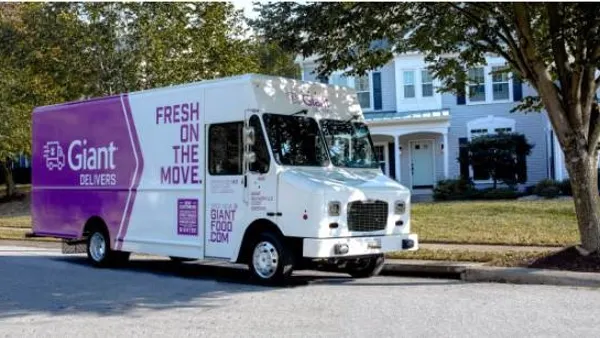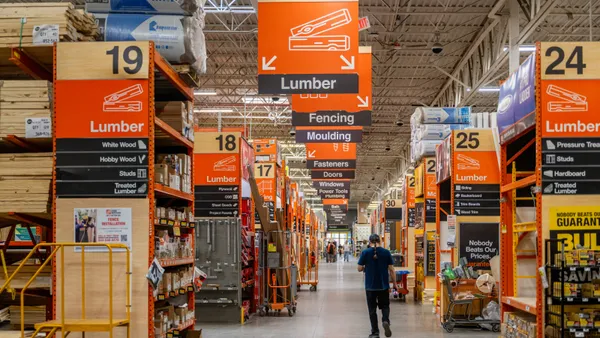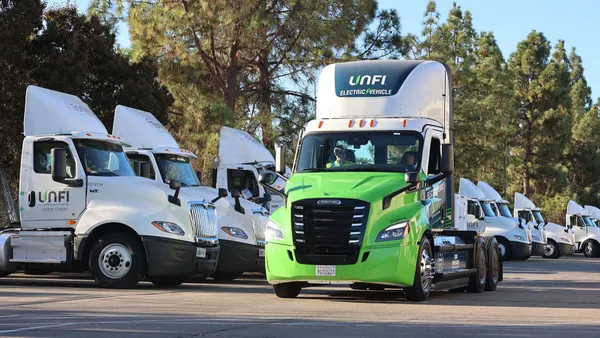While retailers across the nation have been forced to close brick-and-mortar stores and refocus efforts on e-commerce distribution, Kohl's is bucking that trend.
"We have a strong belief that physical stores matter," Sona Chawla, chief operating officer (COO) for Kohl's, told attendees at RILA's supply chain conference last week. Customers "want to shop in both the digital and physical worlds," she said, and very few Kohl's customers shop exclusively online.
The retailer is honing in on two company priorities: driving traffic and operational excellence. Those two priorities are delivering tangible results. Kohl's said its sales grew 6.3% during the last holiday season — that's nearly five times the sales growth reported by Macy's during the same time period.
Driving traffic shouldn't be difficult for the store, given its wide spread in the U.S. Chawla said 80% of Americans live within 15 miles of one of the retailer's stores, making Kohl's a convenient choice for shoppers.
Operational excellence, however, is something companies struggle with in an industry that's continuously shifting.
In an e-commerce, consumer-centric world, operations strategy requires deft inventory management, distribution and demand planning. For retailers, the key challenge is solving the "Goldilocks problem," Chawla said: Getting the right product, in the right place, at the right time.
One of the ways Kohl's has tackled this challenge is by using stores as fulfillment centers. Many online orders picked up in-store stem from brick-and-mortar inventory. In Q4 2017, Kohl's stores fulfilled 36% of digital demand units, Kohl's CEO Kevin Mansell said in an earnings call.
When the store also acts as the fulfillment center, the product can get to the customer more quickly, because it's already in the existing inventory. Through that strategy, Chawla said Kohl's became 25% faster on ship-from-store orders.
Of course, fulfillment can't be a guessing game. It requires data, analytics and technology to develop algorithms that can best predict demand.
"Customers demand instant gratification," Chawla said, and faster fulfillment means happier customers.
A positive in-store experience also makes for happier customers, and that can result in profits for retailers. Kohl's said empowering its store managers was an important step.
"The most important concept is treating store managers as the CEOs of their stores," Chawla said. "They are closest to the customers."














